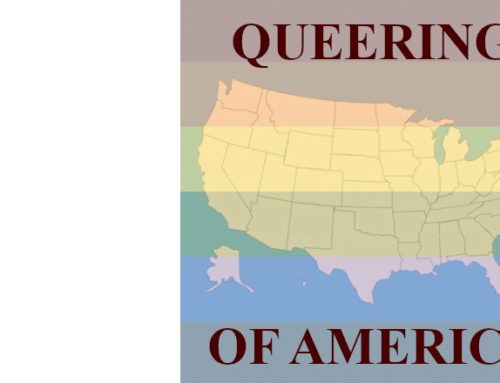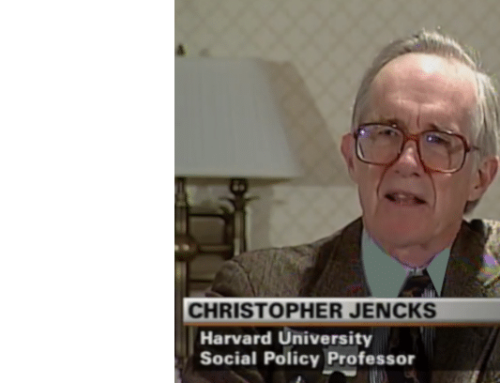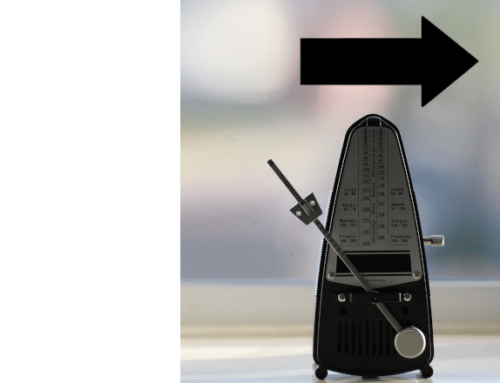Bill Donohue comments on the findings of a new Pew Research Survey, “Faith on the Hill,” that details the composition of the new Congress:
When JFK was president, 19% of the Congress was Catholic; today it is 31%. During that period, Protestants declined from 75% to 56%. The most underrepresented segment of the population today are the “nones,” meaning those who are religiously unaffiliated: they constitute 23% of the public, but only .2% of the Congress. Looks like either the “nones” decline to run for office, or the public is not receptive to them.
Regarding Catholics, they currently make up a third of those in the House, and a quarter of those in the Senate. Nationwide, they are 21% of the population. The new Congress has four more Catholics (168) than the previous one.
Should Catholics applaud their increasing clout on Capitol Hill, or does it matter? It depends on what we expect from them. Pro-life Trump beat pro-abortion Clinton among Catholics by a margin of 52% to 45%, so he would certainly benefit by having more practicing Catholics in Congress.
Unlike judges, who are expected to put aside their religious convictions when interpreting the law, lawmakers have every right to follow their religious convictions in making policy decisions. Catholic voters, as well as others, might reasonably expect that on the core public policy issues, Catholic members of Congress will vote to sustain the Catholic position.
Abortion is not just another public policy issue: it is the foundational human rights issue. No life, no rights. It is also not just another Catholic issue: it is regarded as “intrinsically evil.” It matters, then, when assessing the spike in Catholics in the Congress, whether they are faithful to Church teachings on abortion.
The results are not encouraging (data on incumbents were taken from the National Right to Life ratings; data on newly elected members were taken from National Right to Life, Planned Parenthood and NARAL).
Of the 168 Catholics in Congress, 80 are pro-life and 88 are pro-abortion. Party affiliation is largely determinative: 78 of the pro-life members are Republican; 2 are Democrats. Cumulatively, this means that by a margin of 52% to 48%, Catholics in Congress are pro-abortion.
There are 7 new pro-life Catholics in Congress, and all are Republican. There are 13 new pro-abortion Catholics in Congress, and all are Democrats. This means that the new freshman class of Catholics has decreased the Catholic influence in Congress on the pro-life cause.
Of course, some may object that being in favor of abortion rights is not the same as being pro-abortion. Tell that to the leaders of this cause: they are increasingly boasting about women who have had abortions, and have even launched a new initiative, “#ShoutYourAbortion.” Indeed, just a few weeks ago, actress Lena Dunham tweeted, “Now I can say that I still haven’t had an abortion, but I wish I had.” Lucky for her that her mother didn’t agree.
It is hard to take seriously those who are concerned about the quality of life after birth, but not de novo. This is doubly true of those who wear their Catholic label on their sleeve, the prototype being Rep. Nancy Pelosi (she has still not thanked me for sending her copy of Catholicism for Dummies).
We don’t need more Catholics in Congress—we need more pro-life Catholics in Congress.








